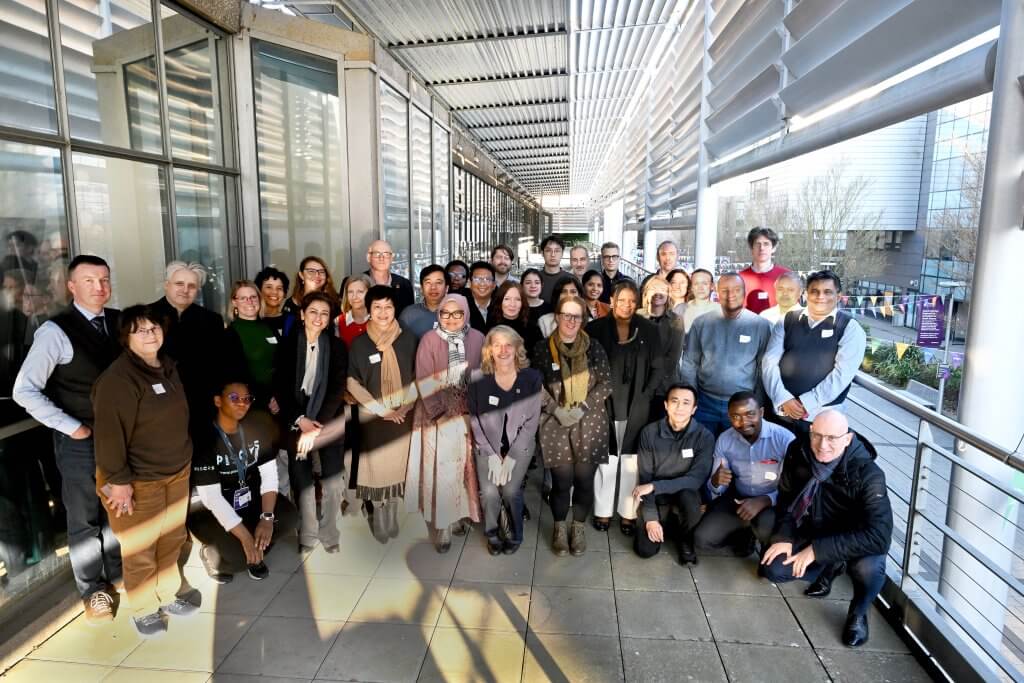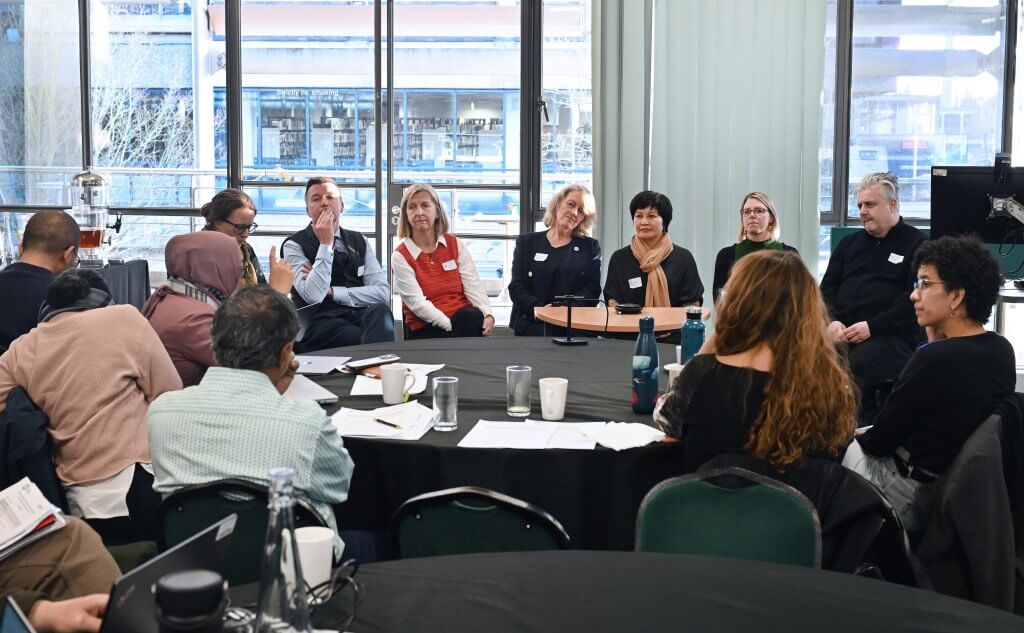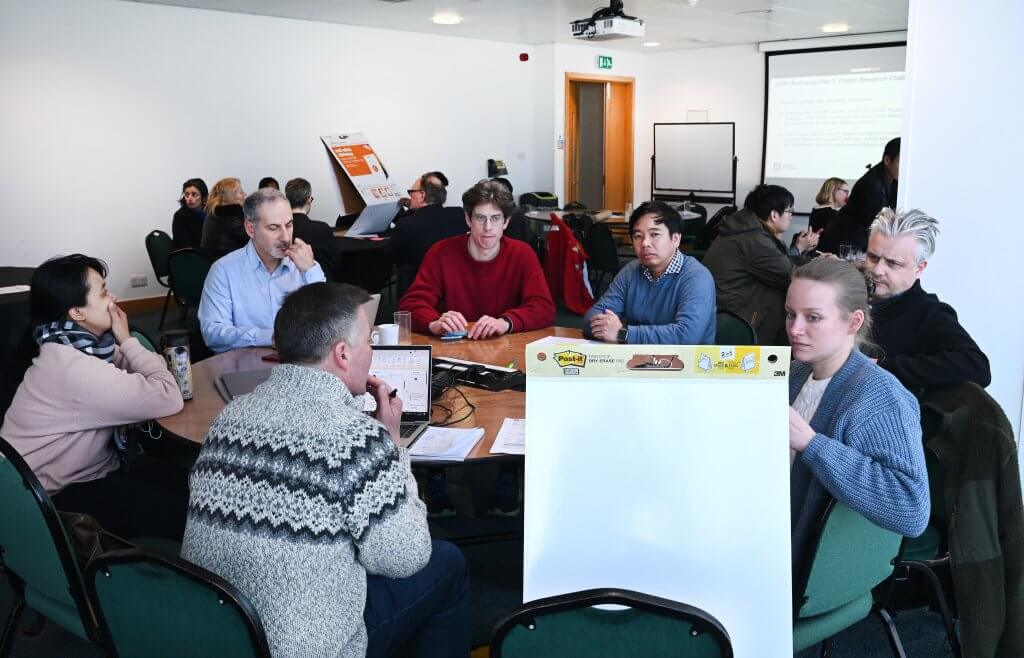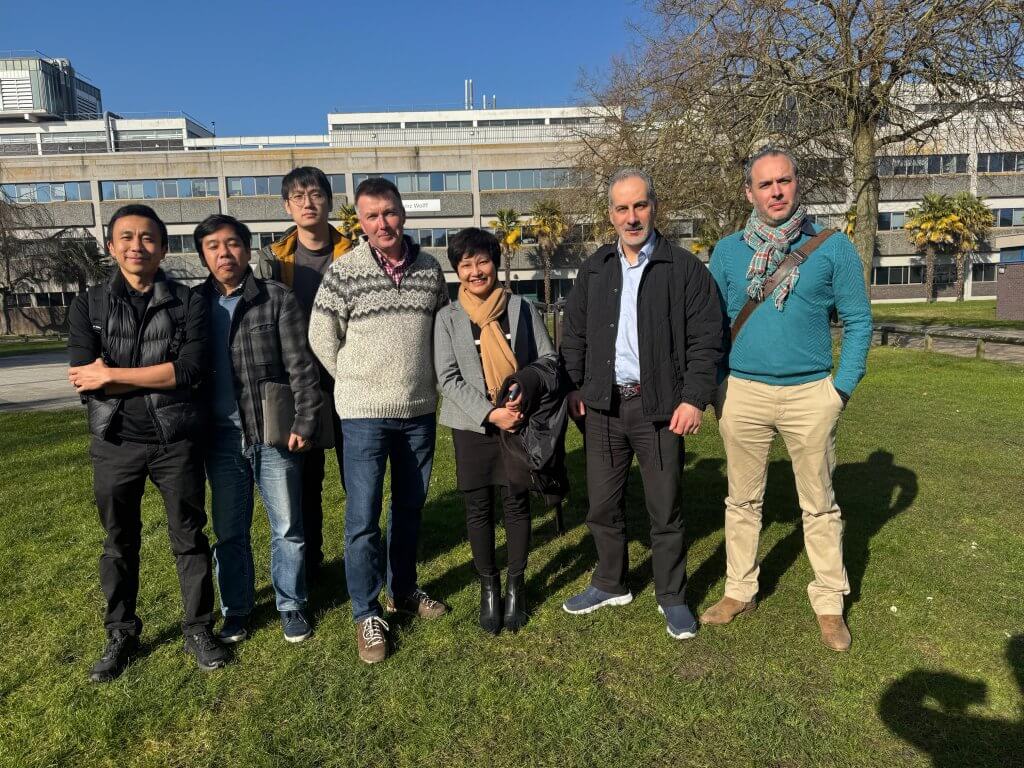
Last week, the UKRI NERC-GCRF Plastics projects gathered at Brunel University London for a final, highly productive meeting. Organized by Professor Susan Jobling, the event brought together five research projects – Agri-Plastics, PISCES, 3SIP2C, SPACES, and PPSS – to share key findings, identify synergies, and explore collaborative solutions to the global plastics crisis.
Spanning four days (March 3-6, 2025), the event provided a platform for project teams to present their research on the sources, social drivers, and impacts of plastic pollution in some of the world’s most affected regions, including Vietnam, Indonesia, China, Malawi, Tanzania, and the Galápagos Islands. Kay Heuser (NERC Chairperson) also joined part of the discussions, underscoring the significance of this work.
Understanding the Real-World Impact of Plastic Pollution
On Day 1, project leads presented their key findings, revealing the vast and complex impact of plastic waste on:
- Natural ecosystems, including remote islands constantly receiving ocean-borne plastic waste.
- Coastal communities, which face pollution from both inland and marine sources.
- Urban areas and low-income, marginalised settlements, where waste management challenges exacerbate the problem.
Project delegates also presented new methodologies and techniques they have developed to analyse microplastics and the microbial pathogens and chemical compounds they carry. Their findings highlight a critical concern: plastic waste can serve as a vehicle for both organic and inorganic contaminants, some of which pose serious health risks to humans and animals.
If left unaddressed, this issue could contribute to larger-scale public health crises, as plastics continue to transport harmful bacteria, toxins, and pollutants across ecosystems and even into the global food chain.

The discussions also highlighted the economic burden on key industries like aquaculture, fisheries, and tourism, where plastic pollution damages livelihoods.
Despite these challenges, the projects acknowledged that plastic materials play an essential role in many communities. Items like plastic mulch, aquaculture pond liners, storage bags, and protective coverings are vital for agriculture, food security, and daily life. The question remains: how do we balance plastic’s benefits while minimizing its harm?
Collaboration & Shared Insights
On Day 2, discussions shifted to exploring synergies between the projects. We were all also treated to a screening of ‘Indonesia Unwrapped | A Plastic Paradice’ – a film produced by PIECES, showcasing the plastics crisis in Indonesia.
One of the most thought-provoking debates cantered around education vs systemic change. Many communities already understand the dangers of plastic pollution firsthand (even if they don’t know the scientific data behind it).
This raised a crucial question: Is more education the answer, or do we need deeper, system-wide solutions?

Turning Research into Action
On Day 3, project delegates participated in an interactive workshop to develop collective policy insights and explore next steps for maintaining momentum. The session focused on how to translate research findings into meaningful action and influence decision-makers to address plastic pollution effectively. Through group discussions and brainstorming, participants identified key policy recommendations and strategies to push for systemic change.
The event concluded on Day 4 with a UKRI-led workshop focused on shaping future research priorities. This final session laid the foundation for ongoing collaboration, strengthening existing partnerships, and expanding networks to tackle the plastics challenge on a broader scale.
Looking Ahead
The meeting at Brunel University was not just a chance to reflect on our collective research but also a step forward in building solutions that bridge science, policy, and community action. By working together, these projects are paving the way for more effective, evidence-based strategies to address one of the most pressing environmental issues of our time.
We look forward to future collaborations and research outcomes, which we will share here.
